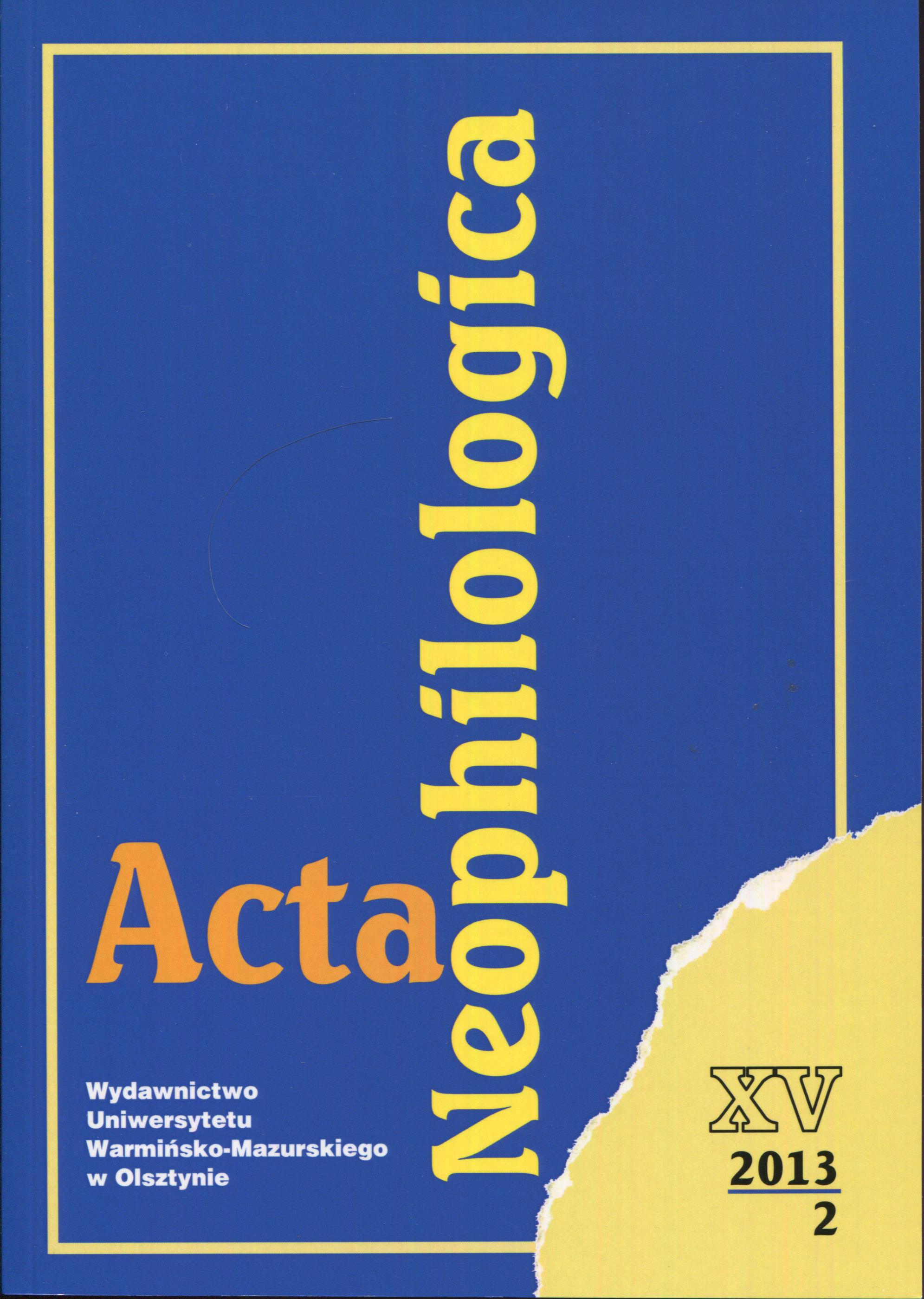Literacka i filmowa refleksja nad totalitaryzmem − na przykładzie powieści Klausa Manna Mefisto oraz jej adaptacji filmowej w reżyserii Istvána Szabó
The Literary and Cinematic Reflection on Totalitarianism − Illustrated with an Example of Klaus Mann’s Novel Mephisto and Its Film Adaptation Directed by István Szabó
Author(s): Czesław PłusaSubject(s): Language and Literature Studies, Studies of Literature
Published by: Wydawnictwo Uniwersytetu Warmińsko-Mazurskiego w Olsztynie
Keywords: art and totalitarianism; language (novel) and image; music and objects (fi lm) as the devices for conveying the message; 20th century civilization; degeneration of personality; mechanics of evil
Summary/Abstract: Klaus Mann’s novel Mephisto and its film adaptation directed by István Szabó put thereader in a mood for reflective judgments about human behavior which grows on the groundof the totalitarian system. The spectrum of Mann’s novel and Szabó’s film is made up by theworld of the Third Reich’s culture, where the actual reality, specific human fates, biographiesand events are determined by the conformism as well as the heroism of fight.Klaus Mann’s novel and István Szabó’s film are mutually complementary in theirdisparate modes of expression and cognition of man. The film adaptation encompasses theelements impossible to represent in the text of the novel. In contrast with image, languageas the basic device of literature is helpless in the face of a rich diversity of direct individualexperiences. For language is reflective by nature, aiming to capture a whole (Kierkegaard).The cinematic picture performs a function that is complementary to language, which failsas a direct medium of the dynamism of the characters’ inner lives. The film is able to depictwhat is passed over by the novel.Describing Höfgen’s existential and spiritual situation, both the novel and the film revealhis inner downfall. There is no escaping the affinity with the stigma of the evil – a source ofnegative evaluation in the 20th century. This phenomenon is not self-acting but conditionedby the sociopolitical context in which the individual gets tangled up. In conclusion, theauthor quotes other examples from European literature, which expose the mechanics of theevil summoning up the powers of the Antichrist, common to the various epochs.
Journal: Acta Neophilologica
- Issue Year: 2/2013
- Issue No: XV
- Page Range: 165-176
- Page Count: 12
- Language: Polish

